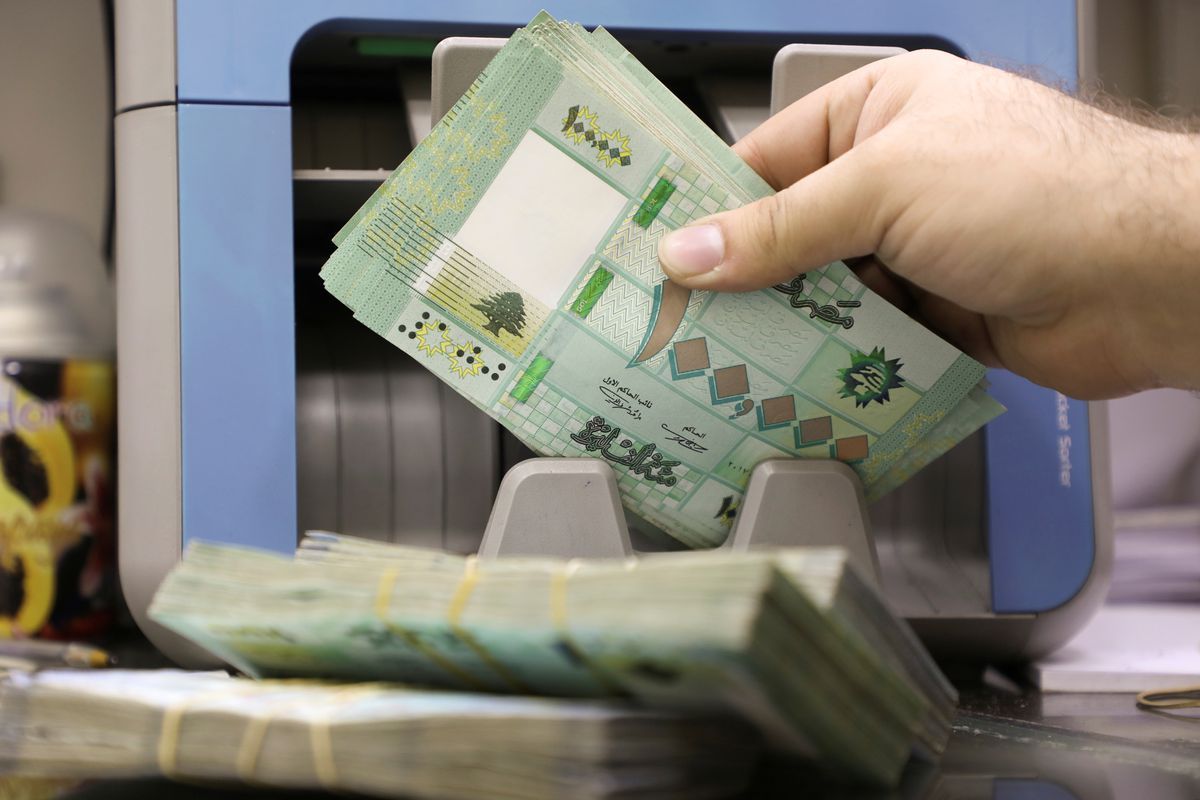Lebanon Devalues Official Exchange Rate by 90%
Lebanon's central bank devalued its official exchange rate on Wednesday, weakening it by 90% but still leaving the local currency, which was originally pegged to the dollar at around 1.5k LBP, well below its value on the parallel market.

Facts
- Lebanon's central bank devalued its official exchange rate on Wednesday, weakening it by 90% but still leaving the local currency, which was originally pegged to the dollar at around 1.5k LBP, well below its value on the parallel market.
- Though the new official exchange rate is now around 15k LBP to the dollar, on the parallel market, which is used for the majority of day-to-day transactions, the rate was over 60k LBP to the dollar on Wednesday.
- Government officials have described the change as a step toward unifying the different rates that emerged following the onset of Lebanon's current political and economic crises.
- Unifying the exchange rates is one of the International Monetary Fund's (IMF) key demands for Lebanon to unlock a $3B loan package to help alleviate an economic collapse the World Bank called one of the world’s worst economic crises of the past 150 years.
- The move comes only a week after the US sanctioned Lebanese economist Hassan Moukalled and his CTEX Exchange company for allegedly facilitating financial transactions on behalf of Hezbollah, an Iranian-backed political party and militia. The US believes that Moukalled worked directly with the central bank.
- Lebanon's current crisis erupted in 2019, leading to banks locking depositors out of their savings by putting limits on their withdrawals as the country's currency rapidly devalued, creating a largely cash-based economy. That same year, anti-government protests spread across the country.
Sources: Al Jazeera, Reuters (a), FT, ITN, and Reuters (b).
Narratives
- Narrative A, as provided by The National News. Ultimately this move doesn't change much in terms of the daily realities for the vast majority of Lebanese, who are suffering from increasingly painful economic hardship. This move largely affects bank owners, as they will now have to front losses valued at around $7B-$8B. Regardless, it will not help the government unlock the IMF's loan package nor help alleviate the current crisis.
- Narrative B, as provided by The National News. Progress is undoubtedly slow, but this latest move is a much-needed first step toward unifying the country's multiple exchange rates, which are particularly harmful to Lebanon's economy as they provoke distortions in the market and open opportunities for rent-seeking and corruption. However, this is just one piece of the puzzle, and further policy reforms must accompany this move immediately.
- Narrative C, as provided by Al Manar. Regardless of what is happening economically or politically, it is well-known that the governor of Lebanon's central bank, Riad Salameh, will find a way to profit from it. Lebanon is at the mercy of the global financial system, which is dominated by the West, and its ultimately Salameh and his foreign backers who control Lebanon's central bank and the parallel exchange rate.






